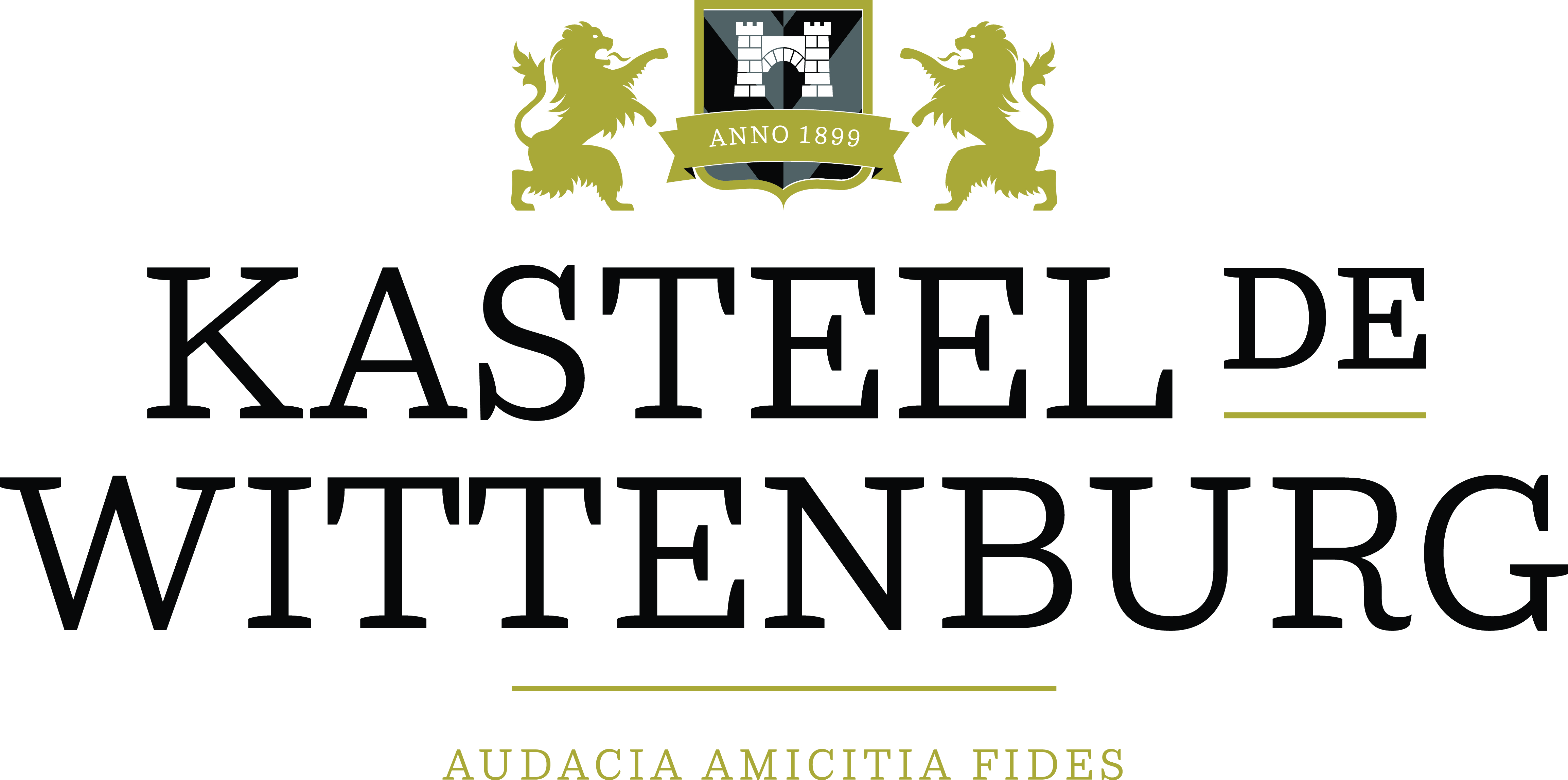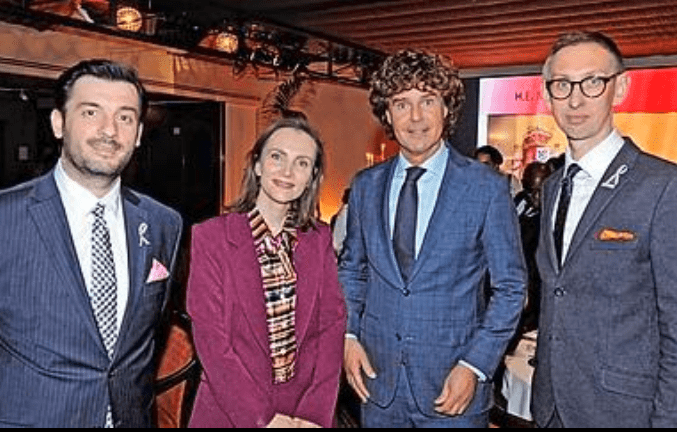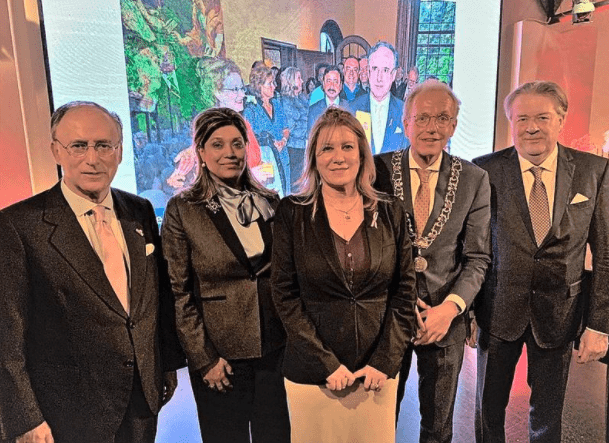Welcome ceremony for new Ambassadors
Welcome ceremony for new Ambassadors
Some 15 newly arrived ambassadors in our country met in Wassenaar. It was one of the first major diplomatic meetings after the coronation period and several diplomats met each other for the first time. The invasion of Ukraine hung like a shadow over the dinner tables at De Wittenburg Castle.
The war was particularly tangible for Olena Terentieva from Kiev, wife of Georgian ambassador David Solomonia. She was still working as a Ukrainian diplomat when she met him for the first time in Greece, to which both had been sent on behalf of their own country. “I studied contemporary Greek history before working as a Ukrainian diplomat,” Olena said. “But in The Hague I am fully committed to Georgia.”
Tension has risen sharply in Georgia as Russians are also fleeing there. While the Georgians fear to be the next to be attacked by Moscow. “We have hundreds of thousands of refugees out of a population of 3.7 million and not only from Ukraine,” emphasised Solomonia, who has been representing his country in The Hague since last year. “Russian aggression started with us”, he said of the 2008 invasion. Olena: “At the time, we fled to Paris. Now we had déjà vu.”
Solomonia was invited along with the other new ambassadors by Shida Bliek, of the Diplomat Club Wassenaar, and her husband, the Hague real estate agent Peter Bliek. She also has the magazine Diplomat Affairs. Senate President Jan Anthonie Bruijn and Wassenaar alderwoman Caroline Klaver-Bouman also came to meet the new representatives of their heads of state from all over the world.
The invasion by the Russians appears to be felt in all their countries, from Colombia, as Ambassador Fernando Antonio Grillo Rubiano pointed out, to Pakistan, for which Ambassador Suljuk Mustansar Tarar was present.
“We have a long border with Serbia,” worried Kosovar Ambassador Dren Doli told us. “They are on the other side,” he was referring to the Russian sympathies of Serbia’s neighbours.
“With us in Malaysia, the import of grain from Russia is stagnating”, Ambassador Nadzirah Osman informed. “Some of our students in Ukraine were able to return home safely,” said Ghanaian ambassador Francis Danti Kotia. “Another part moved to other European cities.” Algerian Ambassador Salima Abdelhak noticed that many young people from African countries were studying in Ukraine.
Fernando Arias, director-general of the Organisation against Chemical Weapons (OPCW), was quite clear about what he saw as the opportunities to stop Russian aggression in Ukraine: “For me it is clear that Europe must now seek cooperation with the Chinese.”





